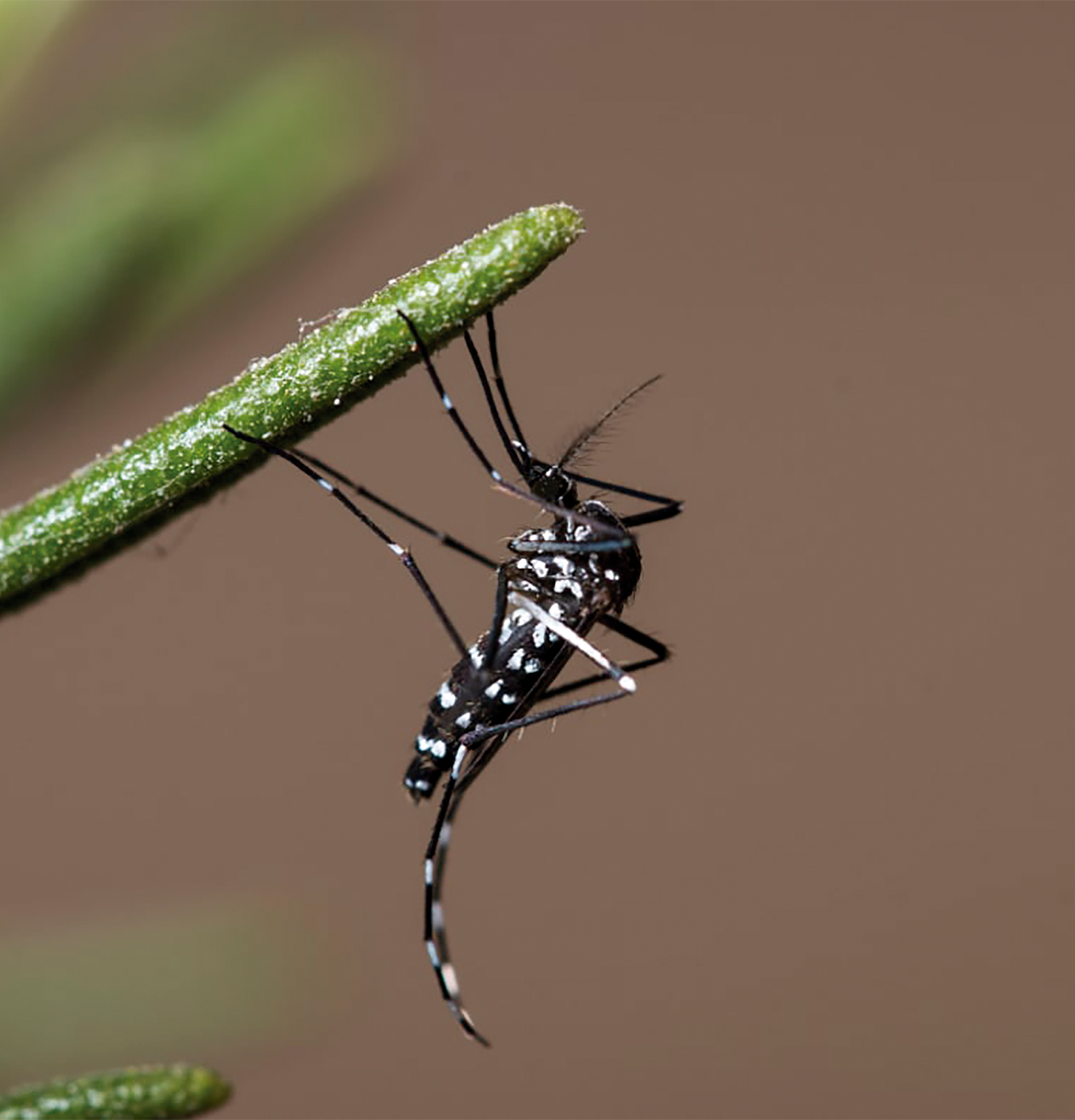
Developed in the city of Faro, Portugal, by environmental health researchers, the new pilot project aims to suppress the population of the Asian tiger mosquito, considered a major player in the transmission of Dengue and Zika viruses.
Using the sterile insect technique (SIT), the project aims to biologically control the Asian tiger mosquito species. The SIT technique releases sterile males that, when mating with females, make new generations of this mosquito unfeasible. In fact, the species represents a threat of transmission of several diseases, not only Dengue and Zika, but also Chikungunya, and its reduction is recommended by the World Health Organization itself.
Lasting two years, the project is being led by researchers belonging to the National Instituto Nacional de Saúde Doutor Ricardo Jorge (Doutor Ricardo Jorge Health Institute), along with the public health service of the Regional Health Authority of the Algarve. Under the scope of the National Network for Vector Surveillance (REVIVE), the project has funding from the International Atomic Energy Agency. Nélia Guerreiro, the Algarve’s regional coordinator of the REVIVE programme, explains, «over three weeks, field activities were developed, with the release of around 90,000 lab sterilised and marked insects, in order to validate the SIT technique as a complementary ecological tool for the control of this vector.»
The mosquito, also known as Aedes albopictus, originated in Southeast Asia and has been spreading through the passive transportation of eggs.
Using the sterile insect technique (SIT), the project aims to biologically control the Asian tiger mosquito species. The SIT technique releases sterile males that, when mating with females, make new generations of this mosquito unfeasible. In fact, the species represents a threat of transmission of several diseases, not only Dengue and Zika, but also Chikungunya, and its reduction is recommended by the World Health Organization itself.
Lasting two years, the project is being led by researchers belonging to the National Instituto Nacional de Saúde Doutor Ricardo Jorge (Doutor Ricardo Jorge Health Institute), along with the public health service of the Regional Health Authority of the Algarve. Under the scope of the National Network for Vector Surveillance (REVIVE), the project has funding from the International Atomic Energy Agency. Nélia Guerreiro, the Algarve’s regional coordinator of the REVIVE programme, explains, «over three weeks, field activities were developed, with the release of around 90,000 lab sterilised and marked insects, in order to validate the SIT technique as a complementary ecological tool for the control of this vector.»
The mosquito, also known as Aedes albopictus, originated in Southeast Asia and has been spreading through the passive transportation of eggs.




